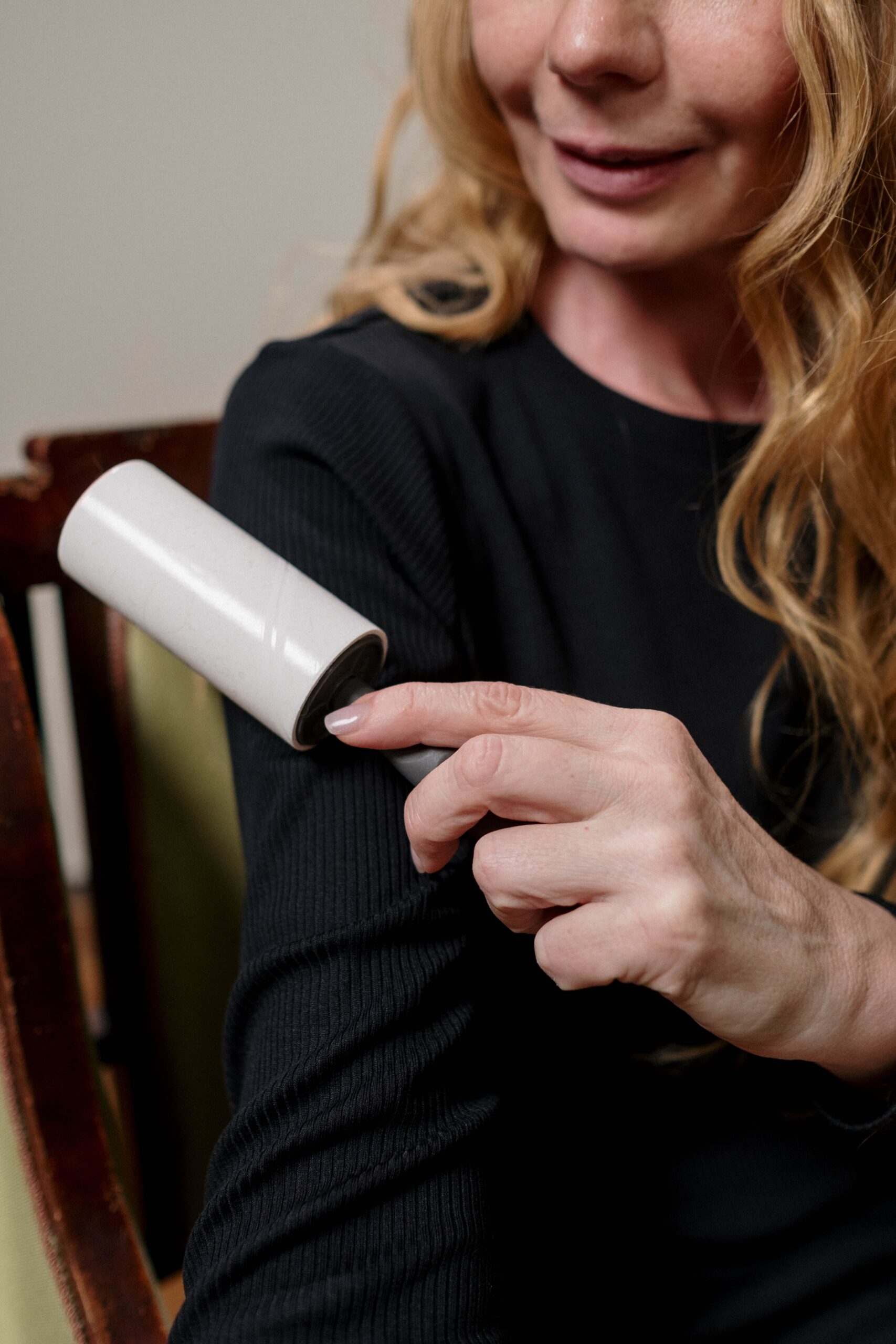Many of us experience symptoms similar to those found in obsessive compulsive disorder (OCD), such as wanting items to be organized in a particular way or engaging in repetitive behaviors. But for most of us, these quirks are typical behaviors.
So how do you know if you have OCD? And what should you do to treat it?
The Basics of Obsessive Compulsive Disorder (OCD)
Let’s start with the basics of this mental disorder.
OCD was previously thought to be a type of anxiety disorder, but is now classified as a separate disorder with a cluster of symptoms (obsessions and/or compulsions) that can be accompanied by anxiety.
The exact causes and risk factors aren’t thoroughly known, but people who have gone through traumatic experiences and those going through extreme stress are more likely to show symptoms.
Most people with OCD experience frequently recurring and unwanted thoughts and behaviors, including obsessions, compulsions, or both.
Obsessions. Obsessions are thoughts or ideas that dominate the mind of a person with OCD. For example, you might become obsessed with germs and find yourself unable to focus on anything other than the cleanliness of the surfaces around you when you’re in a new environment. Obsessions come in many forms, but they all have the tendency to “take over” your mind and prevent you from focusing on things normally.
Compulsions. Compulsions are repetitive patterns of behavior that are typically acted out with little to no apparent voluntary control. Oftentimes, they emerge in response to obsessions. For example, you might have an obsession with cleanliness and avoiding germs that manifests as the compulsion of washing your hands every 15 minutes.
According to Dr. Sina Saidi, psychiatrist in Boulder, CO, there are many different treatments available for OCD. Two of the most common include talk therapy and medicine. Through talk therapy, you can explore the roots of the thoughts and feelings that lead to your obsessions and compulsions. Over time, you can minimize the anxiety you feel and exert more control over both your obsessions and your compulsions. For some people, medication is also helpful; anti-anxiety medications and antidepressants both have potential to help you, depending on the symptoms you’re experiencing.
OCD vs. Normal, Healthy Behavior
Most of us have had at least some experience with obsessive thoughts, compulsive behaviors, or both, but only 1.2 percent of the U.S. population is thought to have OCD. So what’s the difference between someone who has OCD as a formal disorder and someone with completely ordinary obsessive or compulsive moments?
Inability to exert meaningful control. People who have OCD feel a sort of inability to exert meaningful control. We all have topics that we think about regularly, but only people with OCD find their obsessive thoughts to be intrusive and out of their control. Many of us have had the experience of checking a door multiple times to verify that it’s locked, but most of us feel like we’re “in charge” of the decision to check the door.
Preclusion of everyday responsibilities. Unusual behaviors are typically categorized as a disorder if they have the effect of precluding a person from practicing everyday responsibilities. If you like to wash your hands frequently, there’s nothing inherently wrong with that – but if you wash your hands so frequently that you’re often late for work or that you don’t have time to take care of household responsibilities, it’s a problem.
Physiological effects. Excessive compulsions can also have physical effects on your body when repeated to an unhealthy degree. For example, if you take too many showers, you could suffer from excessively dry skin and your hair may become thin and unhealthy.
Extreme fear, anxiety, or stress. When most of us experience an obsessive thought or the urge to engage in compulsive behavior, we may experience a moment of frustration, then move on. But for people with OCD, many instances of obsessions and compulsions come with extreme fear, anxiety, or stress.
Impaired relationships. When OCD symptoms are moderate to severe and frequent in occurrence, they have the potential to impair your relationships as well. If a romantic partner, family members, or friends have suffered because of your symptoms, it’s time to seek help.
What to Do If You Suspect You Have OCD
If you suspect you have OCD, it’s unwise to rely on information from your own Google searches to diagnose yourself. Your concerns and thoughts are quite valid, but it’s often hard for individuals to accurately diagnose themselves. Accordingly, you should seek the help of a professional psychiatrist, who can conduct an evaluation to determine whether you have OCD – and what the best path of treatment is going to be moving forward. Even if you don’t have OCD specifically, your psychiatrist can help you with whatever mental health issues you’re facing.
Obsessive compulsive disorder is frequently misunderstood, thanks to the relatively common nature of many OCD symptoms and pervasive misconceptions about how the disorder works. However, with the information in this guide, you may be able to rule out having the disorder – or find the motivation you need to seek professional help.

